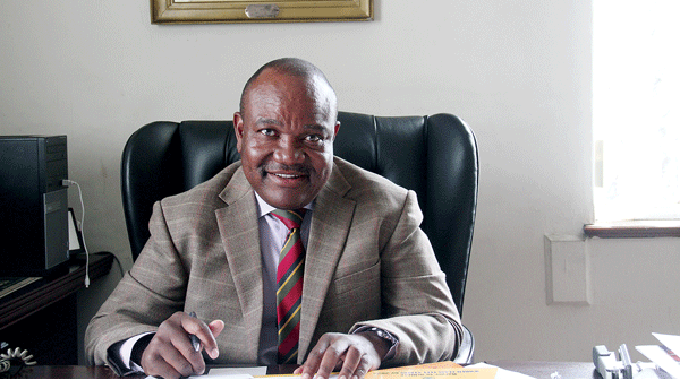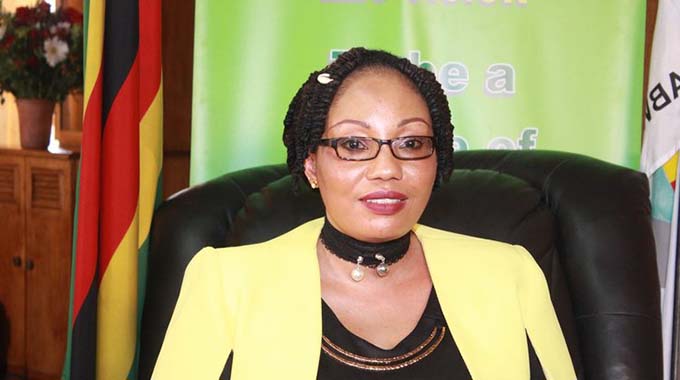Know-how vital for development

Charles Dhewa Correspondent
In addition to enabling the exchange of valuable commodities, African informal markets provide a remarkable environment for examining the relationship between knowledge and societal benefits.
It is from that vantage point that eMKambo is beginning to see the limitations of conventional formal education systems and scientific research.
An increase in the number of schools, colleges and universities in developing countries is not leading to an even distribution of know-how, which is more than knowledge. It is through know-how that knowledge is put to work in the real world. Know-how is how scientific discoveries become routine medical or veterinary treatments and how inventions like grinding mills become services that change lives in rural communities.
Uneven distribution of know-how
While digital technology is increasing the capacity of individuals to share their knowledge, it is far from reducing the uneven distribution of know-how in most developing countries. If it was easy to distribute know-how evenly, developing countries that have a world class aviation industry like Ethiopia and South Africa would easily transfer aviation innovations to other national areas like poverty and malnutrition.
Why are developing countries that can manufacture vehicles and harness the enormous power of digital technology not able to address the devastating effects of basic agricultural diseases like Anthrax, Theileriosis, Fruit Fly, Army Worm and Tuta Absoluta?
In spite of good intentions and exposure, why are development actors, financial institutions and governments not able to solve basic challenges? It is difficult to understand how extraordinary geniuses who can make a plane that carries 500 people in the sky for 10 hours are not able to produce innovations that can deal with basic diseases like typhoid or decisively address drought. If know-how was evenly distributed, countries with talented geniuses who can successfully conduct complicated surgery would easily solve social problems like squatter camps, dirty water and nutrition insecurity.
Know-how enables people who have not gone through formal education to come up with innovations that can defy logic.
From knowledge to know-how and how informal markets are ahead
Assessing and comparing the state of know-how between communities and countries will assist in getting to the bottom of development outcomes. When you look at knowledge without going deeper to examine know-how, you can come up with wrong assumptions and reward the wrong things. While knowledge can be measured by the number of people who attain degrees and PhDs, know-how looks at beneficial things, products, processes and services that are produced from that knowledge.
Most developing countries are still stuck at knowledge and wonder why their investments in formal education is not yielding results.
On the other hand, African informal markets show the merits of working with know-how not knowledge. Brilliant artisans who can make amazing products and fix complicated problems can be found in the African informal sector, sometimes called the Small and Medium Enterprise sector. Unless developing countries focus on know-how, they will spend billions of dollars on knowledge that will never be turned into know-how.
Many academic researchers are not creating new knowledge but repackaging the same old knowledge. In other words, recycling ideas from peer reviewed papers will not create relevant new knowledge. Informal markets reveal how it makes sense to find a person who knows what you need to know rather than search volumes of uncontrolled content on corporate intra-nets or in academic publications.
In spite of the hype surrounding digital technology, technology alone will not suffice because people prefer to connect with other people rather than with data bundles.
The magic of know-how is a core of reliable action that can be standardised and improved over time. Informal traders who have been in the market for generations have standardised their measurements, processes and vocabulary into a core of reliable actions that enable the informal market to survive any catastrophe.
Know-how is about the tools and processes communities develop in order to act and think better. Once traders find a common cause in a reliable practical solution, they rally around it in ways that advance their collective interests. That is how they distribute know-how much faster than formal branded events like science symposiums, agricultural shows, training in farming as a business and other famous approaches. For a new tomato variety to be accepted in a new market, many people including farmers, traders and consumers have to cooperate and converge around the new variety.
Science and Technology is not enough without know-how
While developing countries have embraced the notion that science and technology is a magic bullet in solving most of their problems, informal markets have good examples of know-how in action. If policy makers use the informal sector to understand human know-how, they will be able to identify new ways of generative progressive solutions where technological fixes do not exist.
A better understanding of know-how can help communities, development agencies and policy makers to think more strategically about problems like reducing poverty, addressing unemployment, improving public health and reversing climate change. Rural communities and informal traders have learnt to find ways of deploying their human know-how and effectiveness without technological solutions. Know-how is at the core of how communities approach and address most pressing issues like outbreak of crop and livestock diseases.
Harnessing know-how enables the African rural population to depend on indigenous healing knowledge for their healthcare. Unfortunately, that knowledge is in danger of extinction to due lack of documentation, low life expectancy where people die before transferring it to the next generation, as well as failure or reluctance by governments to incorporate it into the mainstream health system.
Towards a know-how based economy
Actors in the African informal sector have become experts in leveraging know-how and collective knowledge as primary sources of innovation. They have become aware that innovation is about connecting ideas to other ideas. Without know-how you cannot extract value from the land, water and other natural resources. All actors in the informal sector are knowledge workers supporting a knowledge economy where know-how is a competitive advantage.
Through the informal sector, know-how or implicit knowledge moves from farmer to farmer, trader to trader and consumer to consumer within one ecosystem. Critical lessons from the informal sector include the fact that effective communities are those which grow spontaneously as people come together to grow their knowledge about specific commodities.
There is also increasing awareness that transparency is necessary if the markets are to leverage collective knowledge fully from a confluence of diverse perspectives in the entire market. Sense-making is done jointly by traders, farmers and consumers who hold many perspectives.
Traders have enormous respect for knowledge from consumers because customer knowledge allows them to learn what is working, what is not working, and problems to be addressed. The relationship between value chain actors in informal markets resembles a single interconnected mind through which meaning is discovered.
[email protected]/ [email protected]/eMkambo Call Centre: 0771 859000-5/ 0716 331140-5 / 0739 866 343-6.








Comments